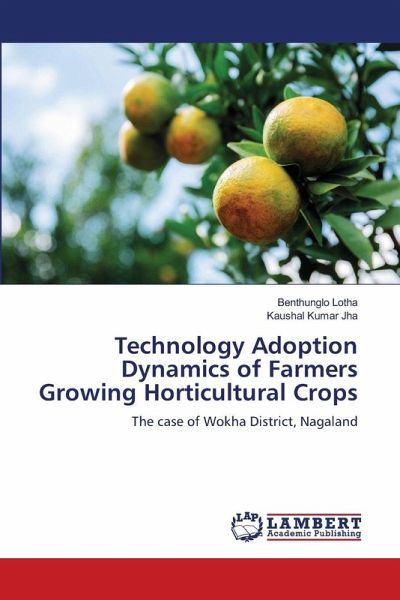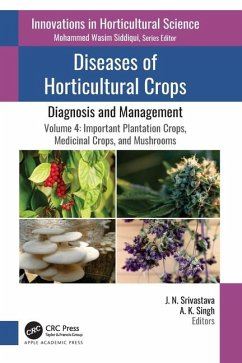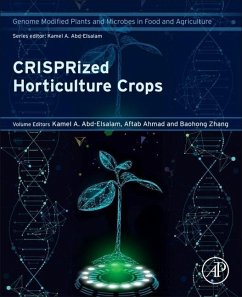
Technology Adoption Dynamics of Farmers Growing Horticultural Crops
The case of Wokha District, Nagaland
Versandkostenfrei!
Versandfertig in 6-10 Tagen
40,99 €
inkl. MwSt.

PAYBACK Punkte
20 °P sammeln!
Agriculture in Nagaland has traditionally been marked by subsistence farming, shifting cultivation, and limited use of modern technologies. Horticultural crops such as orange, banana, litchi, and pineapple are vital for diversifying income, reducing food insecurity, and promoting sustainable land use. Despite government initiatives, training programs, and extension services, adoption of improved cultivation practices remains uneven, shaped by socio-economic, psychological, and institutional factors. Understanding the dynamics of technology adoption is crucial not only for gauging awareness and...
Agriculture in Nagaland has traditionally been marked by subsistence farming, shifting cultivation, and limited use of modern technologies. Horticultural crops such as orange, banana, litchi, and pineapple are vital for diversifying income, reducing food insecurity, and promoting sustainable land use. Despite government initiatives, training programs, and extension services, adoption of improved cultivation practices remains uneven, shaped by socio-economic, psychological, and institutional factors. Understanding the dynamics of technology adoption is crucial not only for gauging awareness and knowledge but also for designing farmer-centered interventions that address local realities. This book, based on a research study in Wokha district-one of Nagaland's prominent horticultural belts-offers empirical insights into how farmers perceive, resist, or adopt improved practices and the factors influencing their decisions. It is expected to serve as a valuable resource for researchers and policymakers in developing farmer-centric horticultural technologies.








![What Farmers Say [microform]: the Experience of Farmers Cultivating the Lands of Manitoba, Assiniboia, Alberta and the Saskatchewan Cover What Farmers Say [microform]: the Experience of Farmers Cultivating the Lands of Manitoba, Assiniboia, Alberta and the Saskatchewan](https://bilder.buecher.de/produkte/66/66139/66139062n.jpg)


![The Abattoir Question [microform]: How It Interests the Farmers of the Province of Quebec Cover The Abattoir Question [microform]: How It Interests the Farmers of the Province of Quebec](https://bilder.buecher.de/produkte/65/65502/65502478n.jpg)
